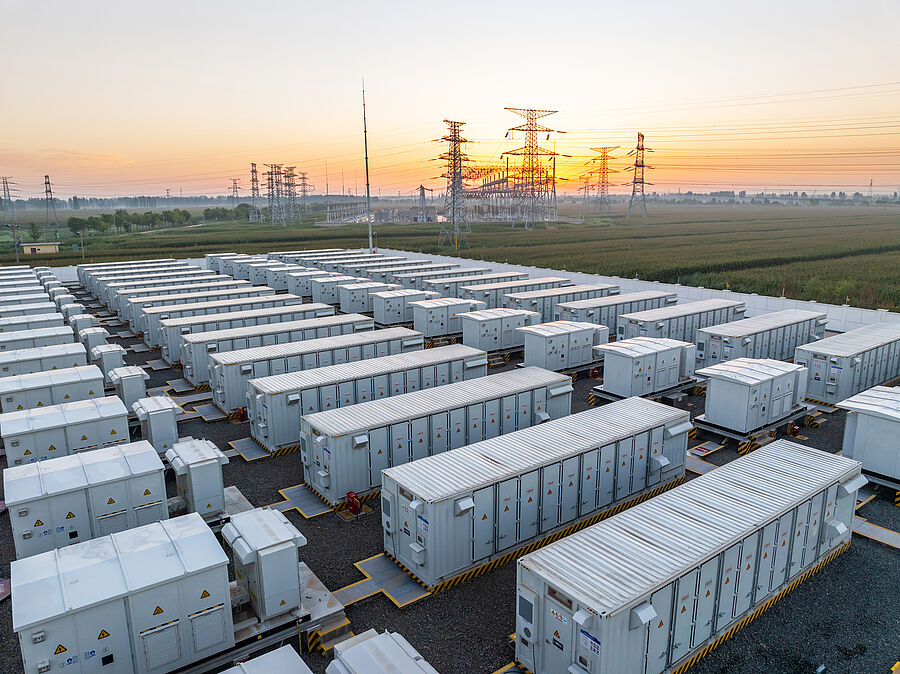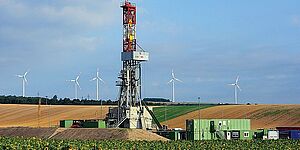In the current NEFI project CASCADE, the geothermal potential in Steyr, Gmunden and St. Martin im Mühlkreis in the industrial, commercial and residential sectors will be investigated over the next two years until the end of 2025 using the innovative method of gradual heat utilization. This technology makes it possible to use the thermal energy generated not just once, but in successive stages or "cascades" for various purposes, from heat for industry to heating buildings, with decreasing temperatures. This enables better overall use of the heat and reduces energy consumption at the same time. The high energy requirements of industry, commerce and households pose a major challenge for achieving climate targets. As a sustainable form of energy generation, geothermal energy has great potential to cover part of this energy demand.
Industrial use of geothermal energy in the Gmunden dairy farm
The processing of milk in large dairies requires a lot of energy for heating and cooling the dairy products. At the Gmund dairy, the use of geothermal energy creates a win-win situation for both the production process and the town's heat supply. In the CASCADE project, geothermal energy is used to supply the production facilities and integrated into the Gmunden heating network in a cascade after the dairy has been supplied.
Integration of geothermal energy into Steyr's heating network
The third largest city in Upper Austria is focusing on a sustainable heat supply. In Steyr, the project focus is therefore on integrating geothermal energy into the heating network, with the particular challenge being to supply the valuable historic building stock.
Brewing beer with geothermal energy in St. Martin im Mühlkreis
Breweries are among the energy-intensive branches of the food industry that use a high proportion of fossil fuels. At the Hofstetten brewery in St. Martin im Mühlkreis, the project focuses on converting the energy-intensive brewing process to the use of geothermal energy and other energy efficiency measures.
Project partners
The CASCADE consortium, led by the AIT-Austrian Institute of Technology, brings together partners from various sectors such as research, municipalities, planning and industry: RED Drilling & Services, RAG Austria AG, SIRIUS-ES Handels GmbH, the City of Steyr, Montanuniversität Leoben (Chair of Energy Network Technology), Gmundner Molkerei GmbH, Energie AG, Brauerei Hofstetten Krammer GmbH & Co KG, the Municipality of Gmunden. The NEFI project is funded by the Climate and Energy Fund as part of the Energy Showcase Region, endowed with funds from the Federal Ministry for Climate Action, Environment, Energy, Mobility, Innovation and Technology (BMK).




